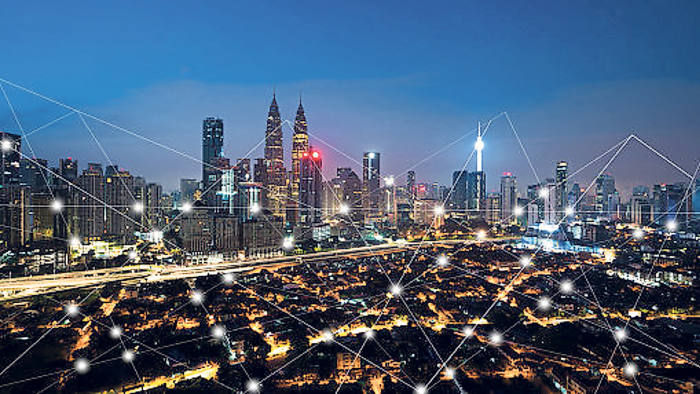
In the web magazine Real Life, David A. Banks reflects on the almost limitless power of real estate capital to shape modern cities – not just the types of buildings that get built, but the lives that are lived there. In pursuing this subject, he cites two recent books that show how cities today are captive to the real estate industry: Capital City: Gentrification and the Real Estate State by Samuel Stein, and Urban Warfare: Housing Under the Empire of Finance by Raquel Rolnik. As Banks writes, the latest scheme of the real estate industry, in concert with the tech sector, is “smart cities,” which promise greater convenience in exchange for increased control over where we go and what we do in cities. Here’s an excerpt:
The technologies that would sell us a subscription to a generic city will appear as delightful relief in a hectic world. Even for the relatively affluent, modern urban existence requires the same double freedom Marx described of the industrial worker: free to do nothing but work, work being the only way to meet your needs. This exerts a psychological as well as a financial toll. Uber and WeWork are the solutions to and constituent parts of the problems their funders created: a way to get around and work anywhere your gigs take you. Digital platforms, funded by the same financial firms that push austerity, precarity, and bureaucratic confusion onto the individual, offer an alluring sense of convenience. The individual finds themselves stuck: the alienation of work leaves you desiring those baubles and experiences that money provides. This is the twisted logic of building cities as investment vehicles instead of homes and shops for people.
Image via ft.com.